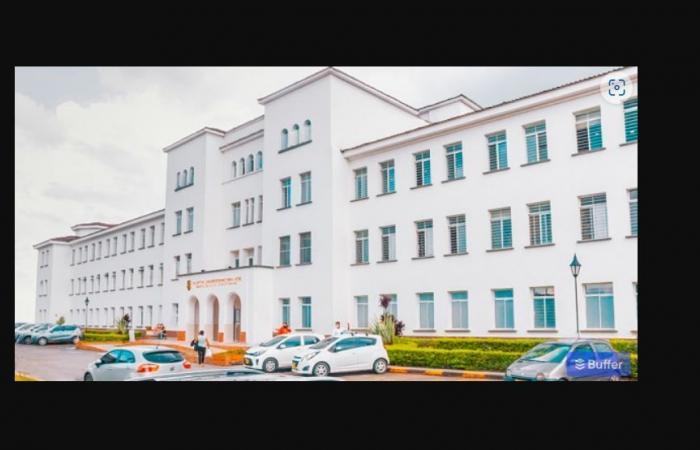The Minister of Labor, Gloria Inés Ramírez Ríos, with extensive academic and consulting experience in international organizations, recently stated:
“Union contracts denature the character of union organizations.” The minister addresses an issue that very few people dare to criticize. To better understand this statement, it is important to review that an employment contract has three essential elements: the personal provision of the service by the worker, subordination (receiving orders) and remuneration, periodic or per work. This means that when these three situations occur, a person is faced with an employment contract, regardless of the document that has been signed, and it is called a reality contract.
However, the Supreme Court of Justice accepts the union contract as a type of legal transaction within our legal system which, according to article 482 of the Substantive Labor Code, consists of: «[…] the contract entered into by one or more workers’ unions with one or more employers or employers’ unions for the provision of services or the execution of a work through their members […]»
In practice, many unions are controlled by the board of directors for their own benefit. In other cases, unions are created by politicians or individuals for the purpose of hiring. In practice, unions are not the result of a democratic exercise that reflects the interest of a group of people to work together and have equality and proportionality in benefits.
The income that the member obtains from a union contract is not considered a salary or salary, but rather compensation for his or her work. In many cases, social benefits are not recognized, although in some organizations the equivalence of benefits is settled, which in theory are not mandatory because it is not an employment contract between the worker and the union. This type of connection allows the dismissal of the worker at any time without compensation.
This form of contracting has become disfigured and become a tool for corruption, since, as it is a group work contract, it is invoiced regardless of the number of people associated with the contracted work or task. That is, the contract is not paid for the number of people hired, but for the task performed, which depends on each entity. In this way, bribes from expenditure computers are camouflaged in this type of contracts, as a higher value, a common practice in public institutions of health, energy, sanitation, etc.
Unions, because they do not pay income, do not pay income tax. In addition, they contract, for example, accounting tasks that can only be provided by natural persons with direct ties, or by companies where more than 80% of the partners are accountants, and the service is taxed. Thus, the unions would be carrying out illegal practices and failing to invoice VAT for these services.
The situation at the San José de Popayán hospital is a concrete example of the aforementioned problems. The current manager, Juan Carlos Arteaga, has publicly expressed his intention to find proposals from other unions that seek to improve the working conditions of health workers. We have learned that several unions that provide services at the San José hospital have lawsuits for not providing quality service. This position of the manager is a necessary and courageous step to confront corruption and improve the working conditions of hospital workers.
The Minister could have fallen short in her assertion. It is an issue that should be thoroughly addressed and corrected, and support for the decisions of the manager of the San José hospital is essential to move in the right direction.






